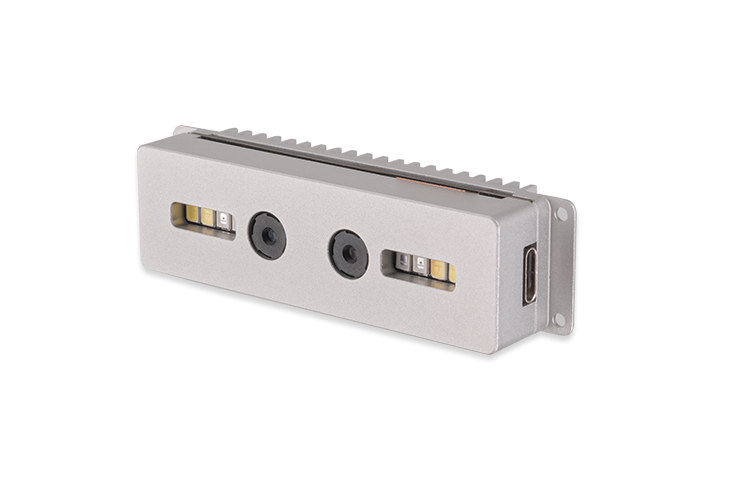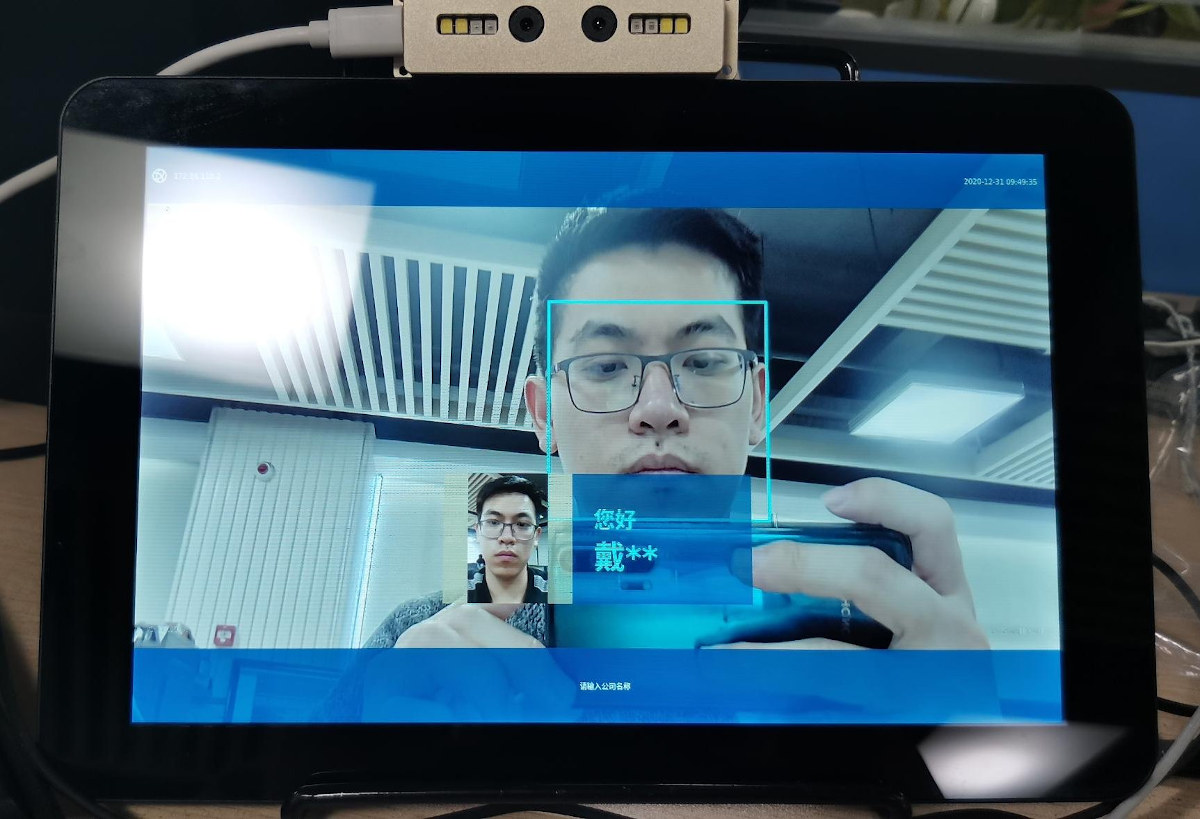We’ve very recently written about Rockchip RV1126 quad-core Cortex-A7 processor designed AI cameras thanks to a 2.0 TOPS AI accelerator together with its little dual-core brother: RV1109.
We’ve also found some RV1109 and RV1126 evaluation boards, but prices were in the hundreds of dollars. It was then brought to our attention than the upcoming MAIX-III board would feature RV1126 at a more affordable cost, but it turns out there’s no need to wait as Firefly has just launched a dual-lens AI camera module based on either Rockchip RV1109 or RV1126 for under $100 with respectively CAM-C1109S2U and CAM-C1126S2U models.

- SoC (one or the other)
- RV1109 SoC with
- CPU – Dual-core Arm Cortex-A7 @ 1.5 GHz + RISC-V MCU @ 400 MHz
- GPU – 2D graphics engine
- NPU – 1.2 TOPS with support for INT8/ INT16
- VPU
- Encoder – H.264/H.265 up to 2,688 x 1,520 @ 30 fps + 1,280 x 720 @ 30 fps
- Decoder – 5M H.264/H.265
- RV1126 SoC with
- CPU – Quad-core Arm Cortex-A7 @ 1.5 GHz + RISC-V MCU @ 400 MHz
- GPU – 2D graphics engine
- NPU – 2.0 TOPS with support for INT8/ INT16
- VPU
- Encoder – 4K H.264/H.265 up to 3,840 x 2,160 @ 30 fps + 720p @ 30 fps
- Decoder – 4K H.264/H.265 up to 2x 3,840 x 2,160 @ 30 fps
- RV1109 SoC with
- System Memory – 1 or 2GB DDR4 RAM
- Storage – 8 or 16 GB eMMC 4.51 flash
- Cameras
- RGB camera – 1920×1080 resolution GC2093 image sensor with 650nm filter, 80cm focus distance, F2.0/4.3mm
- IR camera – 1920×1080 resolution GC2053 image sensor with 850nm filter, 80cm focus distance, F2.0/4.3mm
- Raw output format
- Video Output – 30-pin FPC header to connect MIPI display (TBC)
- Power Supply – 5V via USB Type-C port
- Dimensions – 84 x 22.45 x 19.35 mm (Aluminum alloy housing)
- Temperature Range – -10 to 60°C
The camera module runs Linux, and it supported by Rockchip RKNN toolkit working in Windows, Linux (64-bit x86 and Arm), and Mac OS. The AI camera module connects to a host platform such as an Android tablet. Considering the cameras are all fixed focus with a 80 cm focus distance, the main application is face recognition and detection. There’s no documentation in English for now, but the Chinese version of the Wiki has plenty of information and resources to get started.
The company says the solution supports up to 100,000 faces in the database, although 10,000 is recommended, and offers 99% accuracy without mask, 95% with mask. Performance wise the camera module can typically detect a face within 23ms, human recognition can be done within 15ms using dual-lens detection, and face recognition can be as fast as 0.0115ms. The recommended input image size is 1280×720, but the system works with images as small as 90×90 for human face recognition.
CAM-C1109S2U and CAM-C1126S2U dual-lens AI camera modules are available now for respectively $89 ad $95 on Firefly store. More details may also be found on the product page.

Jean-Luc started CNX Software in 2010 as a part-time endeavor, before quitting his job as a software engineering manager, and starting to write daily news, and reviews full time later in 2011.
Support CNX Software! Donate via cryptocurrencies, become a Patron on Patreon, or purchase goods on Amazon or Aliexpress





